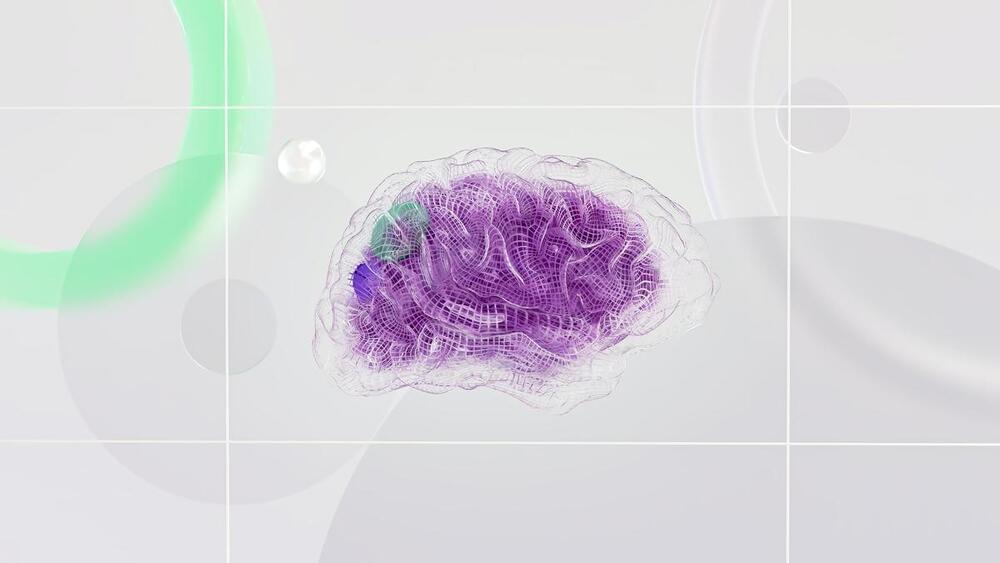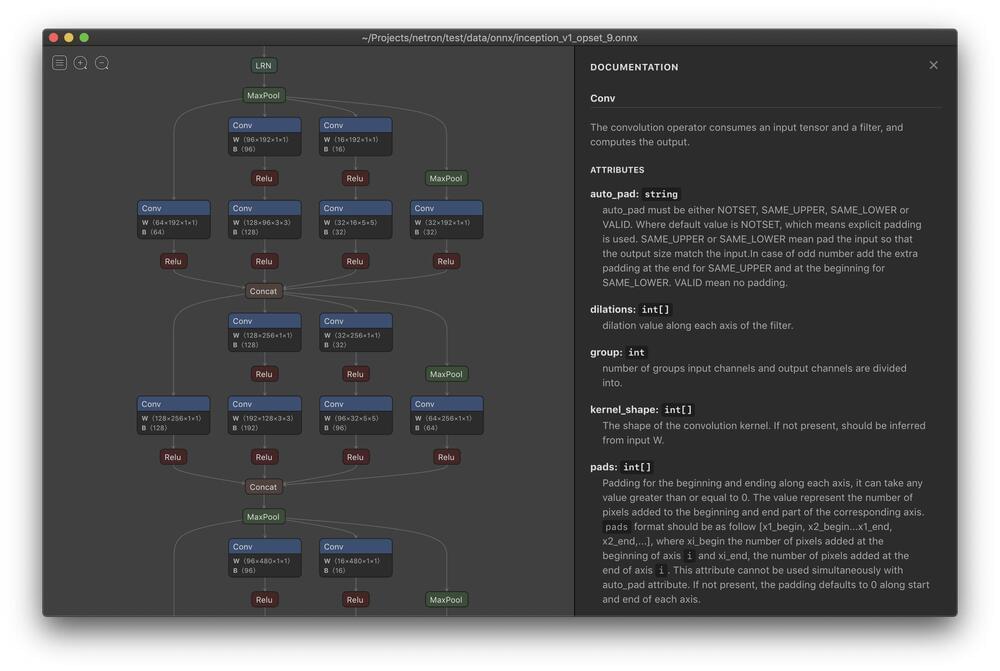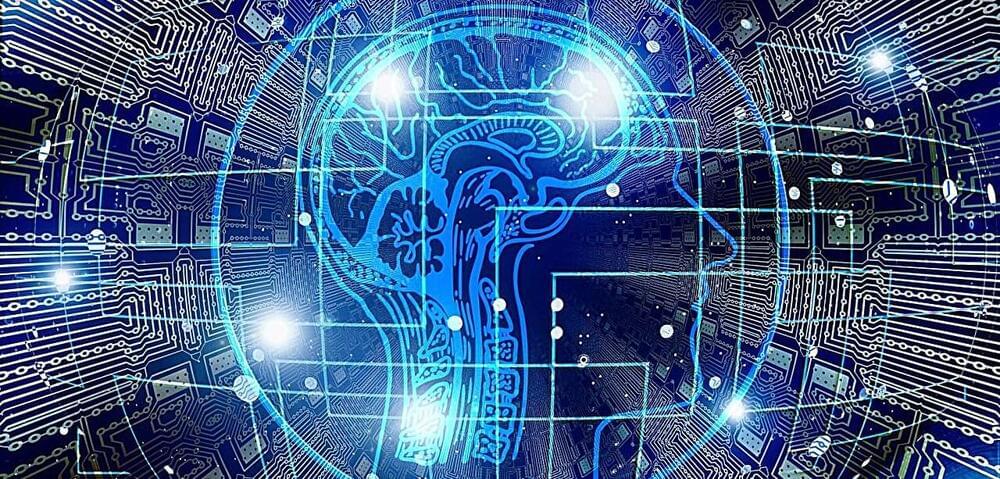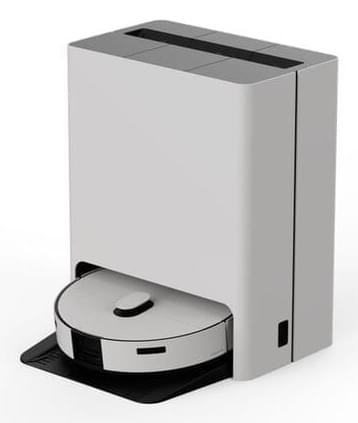“[People] like themselves just as they are,” says Marvin Minsky. “Perhaps they are not selfish enough, or imaginative, or ambitious. Myself, I don’t much like how people are now. We’re too shallow, slow, and ignorant. I hope that our future will lead us to ideas that we can use to improve ourselves.”
Marvin believes that it is important that we “understand how our minds are built, and how they support the modes of thought that we like to call emotions. Then we’ll be better able to decide what we like about them, and what we don’t—and bit by bit we’ll rebuild ourselves.”
Marvin Minsky is the leading light of AI—artificial intelligence, that is. He sees the brain as a myriad of structures. Scientists who, like Minsky, take the strong AI view believe that a computer model of the brain will be able to explain what we know of the brain’s cognitive abilities. Minsky identifies consciousness with high-level, abstract thought, and believes that in principle machines can do everything a conscious human being can do.








